Revolutionary Bitcoin NFT Marketplaces Transforming the World of Blockchain Collectibles
Blur: NFT | Blur: NFT login | Blur: NFT connect | WalletConnect | Traders | What Is Blur Crypto
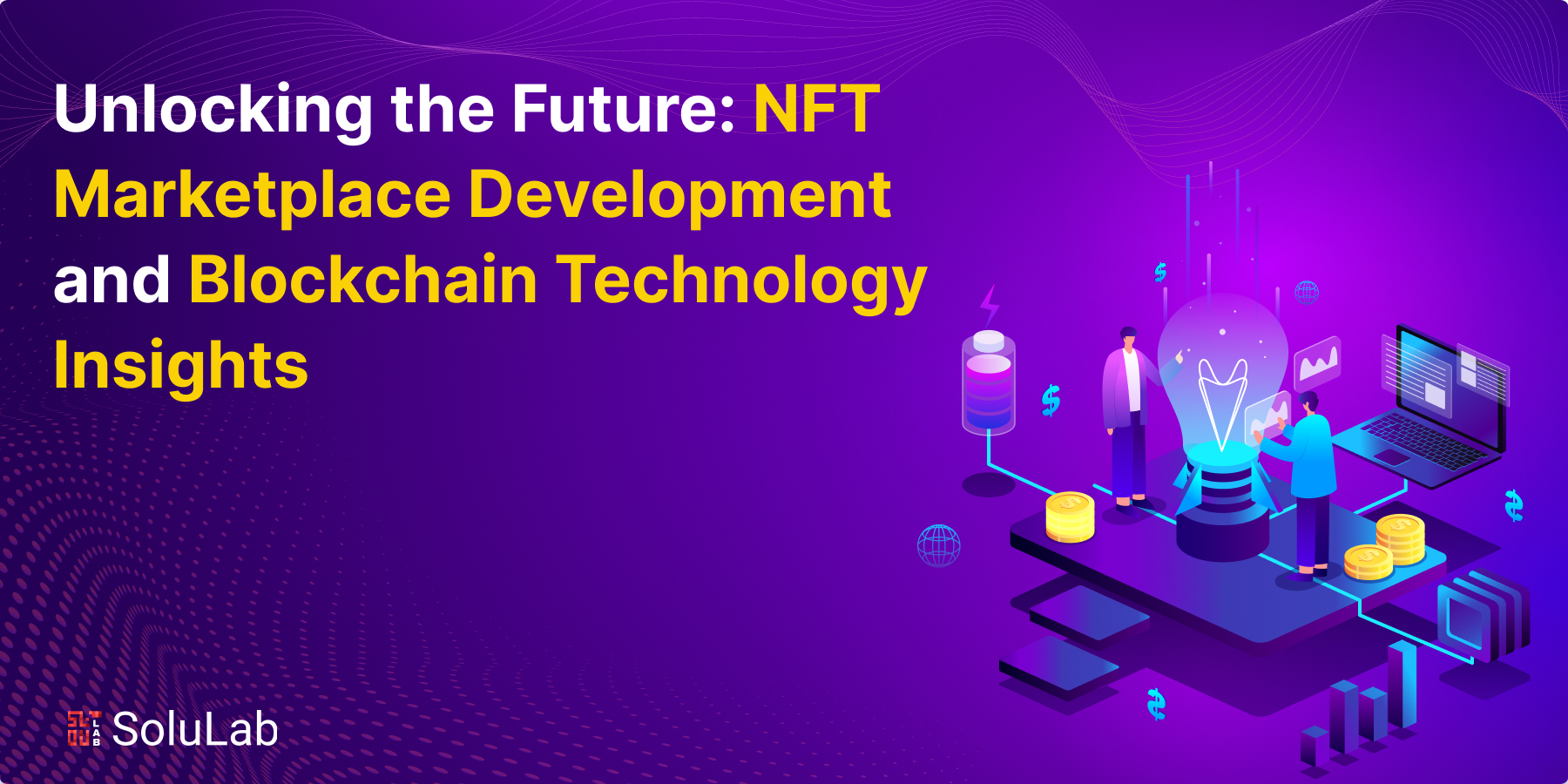
Blur: NFT | Blur: NFT login | Blur: NFT connect | WalletConnect | Traders | What Is Blur Crypto
Over the past few years, the world of blockchain technology has seen numerous innovations and developments. One such innovation that has gained significant attention is the rise of non-fungible tokens (NFTs). NFTs have revolutionized digital ownership, allowing individuals to buy, sell, and trade unique digital assets.
Bitcoin, the world's first cryptocurrency, has recently entered the NFT space, creating new opportunities for collectors and artists alike. Bitcoin NFT marketplaces have emerged as a platform for the exchange and sale of digital collectibles tied to the Bitcoin blockchain. These marketplaces offer a wide range of NFTs, including digital art, virtual real estate, and even virtual pets.
One of the key advantages of Bitcoin NFT marketplaces is the security and transparency provided by the Bitcoin blockchain. Each NFT transaction is recorded on the blockchain, making it tamper-proof and immutable. This ensures that the ownership and provenance of digital assets can be easily verified, fostering trust and eliminating the risk of fraud.
Furthermore, Bitcoin NFTs have the potential to bring new opportunities and revenue streams for artists and creators. By tokenizing their digital creations, artists can reach a global audience and monetize their work directly, without relying on intermediaries or traditional art market gatekeepers. This democratization of art ownership has empowered artists and provided them with new ways to showcase their talent.
The Emergence of Bitcoin NFT Marketplaces: Revolutionizing Blockchain Collectibles
Blockchain technology has revolutionized various industries, and now it is making its mark on the collectibles market with the emergence of Bitcoin NFT (Non-Fungible Token) marketplaces. These platforms are reshaping the way we buy, sell, and trade digital collectibles, creating opportunities for both creators and collectors.
Bitcoin NFT marketplaces leverage the power of blockchain to bring authenticity and scarcity to digital assets. Unlike traditional collectibles, such as physical trading cards or art pieces, Bitcoin NFTs are unique and cannot be replicated or divided. Each NFT is associated with a specific piece of digital content, whether it's a digital artwork, a music file, a video, or even virtual real estate.
One of the key advantages of Bitcoin NFT marketplaces is their ability to provide provenance and ownership transparency. Every transaction and ownership transfer is recorded on the blockchain, ensuring that the owner has a legitimate claim to the NFT. This not only protects collectors from buying counterfeit or stolen items but also allows creators to earn royalties whenever their NFT is resold.
Bitcoin NFTs also introduce a new level of interactivity and engagement for collectors. Some marketplaces enable owners to display their digital collectibles in virtual galleries or even in augmented reality. This immersive experience adds value to the NFTs and allows collectors to showcase their collections in innovative and exciting ways.
Moreover, Bitcoin NFT marketplaces open up opportunities for creators to monetize their digital creations. Artists, musicians, and other content creators can tokenize their work and sell it directly to collectors, eliminating the need for intermediaries like galleries or record labels. This democratization of the creative industry enables anyone with talent and creativity to thrive in the digital age.
As Bitcoin NFT marketplaces gain popularity, they are also driving innovation in the broader blockchain ecosystem. Developers are creating new standards and protocols to enhance the functionality and interoperability of NFTs, making it easier for collectors to buy, sell, and trade across different platforms. This cross-compatibility increases liquidity in the market and expands the potential audience for digital collectibles.
In conclusion, the emergence of Bitcoin NFT marketplaces is revolutionizing the collectibles market by bringing the benefits of blockchain technology to digital assets. These platforms empower creators, protect collectors, and provide new opportunities for engagement and monetization. As the market continues to evolve, we can expect even more exciting developments in the world of Bitcoin NFTs.
What are NFTs?
NFTs, or non-fungible tokens, have taken the digital world by storm, revolutionizing the way we perceive and trade digital assets. Unlike cryptocurrencies such as Bitcoin or Ethereum, which are fungible and can be exchanged on a one-to-one basis, NFTs are unique and cannot be directly exchanged on a like-for-like basis.
NFTs are built on blockchain technology, which ensures transparency, security, and immutability. Each NFT contains a digital signature that verifies its authenticity and ownership. This digital signature is what sets NFTs apart, making them one-of-a-kind and desirable to collectors and enthusiasts.
The Power of Ownership
NFTs allow creators to tokenize their digital content, be it artwork, music, videos, or even virtual real estate. By doing so, they create a sense of ownership and scarcity in the digital realm. Collectors can buy and sell these NFTs, proving their ownership and supporting the creators financially.
The emergence of NFT marketplaces, such as Blur.io, has opened up a whole new world of possibilities for artists and collectors. These marketplaces provide a platform for artists to showcase and sell their digital creations, while collectors can discover and acquire unique and valuable NFTs.
Blur.io - Revolutionizing the Blockchain Collectibles Scene
Blur.io is a leading NFT marketplace that connects artists and collectors in the realm of blockchain collectibles. With Blur.io, artists can showcase their digital artworks and collectors can browse, bid on, and purchase unique NFTs.
By embracing the power of blockchain technology, Blur.io ensures the security, provenance, and scarcity of each NFT. This not only gives creators confidence in their work's authenticity but also provides collectors with the assurance that their digital assets are unique and valuable.
So whether you're an artist looking to tokenize your creations or a collector searching for unique digital treasures, Blur.io is the go-to platform for all your NFT needs. Take a step into the exciting world of blockchain collectibles and connect with Blur.io today!
지금 Blur.io에 연결하기를 클릭해서 Blur.io에서 원하는 NFT를 찾아보세요.
How Bitcoin NFT Marketplaces Work
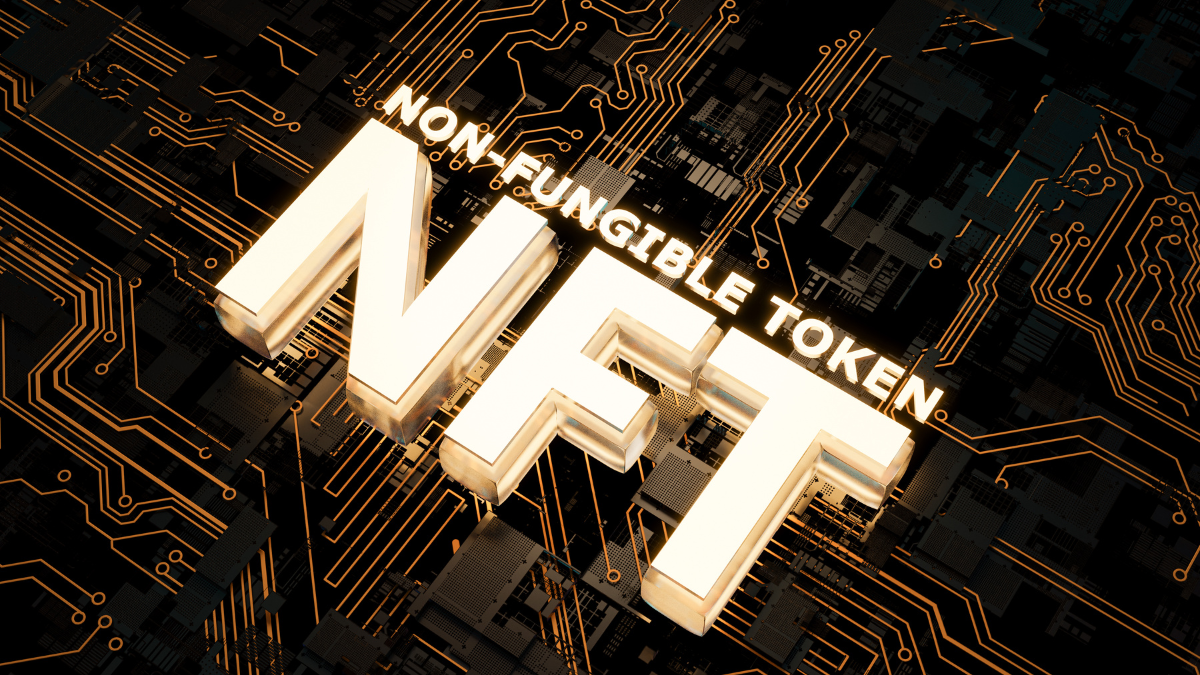
Bitcoin NFT marketplaces have revolutionized the world of blockchain collectibles by allowing users to buy, sell, and trade unique digital assets. These marketplaces leverage the power of blockchain technology to ensure the authenticity, rarity, and ownership of these digital collectibles.
When a user wants to participate in a Bitcoin NFT marketplace, they first need to connect their digital wallet, such as a MetaMask wallet, to the platform. This allows them to securely store and manage their NFTs.
Once connected, users can browse through the various NFT listings on the marketplace. These listings often include detailed descriptions, images, and sometimes even videos of the digital collectibles. It is important for users to carefully review these details before making a purchase.
When a user finds an NFT they are interested in, they can place a bid or choose to purchase it at a fixed price. If they place a bid, other users have the opportunity to outbid them. The auction process continues until the listing ends or a user's bid is the highest.
Once a user successfully purchases an NFT, it is transferred to their digital wallet. The ownership and transaction history of the NFT are recorded on the blockchain, ensuring its authenticity and allowing it to be easily verified.
Bitcoin NFT marketplaces also provide a platform for creators to mint and list their digital assets as NFTs. Creators can choose to sell their NFTs directly or set them up for auction. This allows artists, musicians, and other content creators to monetize their work in a new and exciting way.
As the popularity of Bitcoin NFT marketplaces continues to grow, more and more unique digital assets are being minted and traded. These marketplaces are providing a new avenue for collectors, investors, and creators to participate in the blockchain ecosystem.
If you're interested in exploring the world of Bitcoin NFT collectibles, check out Blur.io에 연결하기, one of the leading Bitcoin NFT marketplaces on the web.
The Benefits of Bitcoin NFT Marketplaces
Bitcoin NFT marketplaces are revolutionizing the world of blockchain collectibles by providing numerous benefits to both creators and buyers. Here are some of the key advantages of using these platforms:
Decentralization: Bitcoin NFT marketplaces operate on decentralized blockchain networks, ensuring that ownership of digital assets is not controlled by any central authority. This provides increased security, transparency, and censorship resistance.
Global Accessibility: With Bitcoin NFT marketplaces, anyone with an internet connection can participate in buying and selling digital collectibles. This opens up opportunities for creators to reach a worldwide audience and for collectors to discover unique and valuable assets from different parts of the globe.
Elimination of Intermediaries: Traditional art markets often involve multiple intermediaries, such as galleries and agents, who take a significant cut of the transaction. Bitcoin NFT marketplaces enable direct peer-to-peer transactions, eliminating the need for intermediaries and allowing creators to receive a larger portion of the sales price.
Immutable Ownership: By utilizing blockchain technology, Bitcoin NFT marketplaces ensure that ownership records cannot be altered or tampered with. This guarantees the authenticity and provenance of digital collectibles, providing collectors with confidence in their purchases.
Easier Fractional Ownership: Bitcoin NFT marketplaces also make it easier for collectors to engage in fractional ownership. With the ability to divide NFTs into smaller portions, multiple individuals can co-own a valuable digital asset, making it more accessible and affordable.
Avenues for Creativity: Bitcoin NFT marketplaces have created new avenues for artists and creators to monetize their digital creations. By tokenizing their work as NFTs, artists can showcase and sell their unique pieces, while also engaging with their audience in novel ways.
In conclusion, Bitcoin NFT marketplaces bring a range of benefits to both creators and buyers. These platforms provide decentralization, global accessibility, the elimination of intermediaries, immutable ownership, easier fractional ownership, and new avenues for creativity. As the demand for blockchain collectibles continues to grow, these marketplaces are helping to shape the future of digital art and collectibles.
Creating and Selling NFTs on Bitcoin Marketplaces
Bitcoin marketplaces have revolutionized the way digital collectibles are bought, sold, and traded. With the rise of non-fungible tokens (NFTs) on the blockchain, artists and creators now have the opportunity to create unique digital assets and sell them directly to collectors.
Here is a step-by-step guide on how to create and sell NFTs on Bitcoin marketplaces:
Choose a Bitcoin marketplace: There are several prominent Bitcoin marketplaces that support NFTs, such as Rarible, OpenSea, and Mintable. Research each platform to see which one aligns with your needs and preferences.
Create an account: Sign up for an account on your chosen Bitcoin marketplace. This will require providing some personal information and agreeing to the platform's terms and conditions.
Create your NFT: Once your account is set up, you can start creating your NFT. This involves uploading the digital file you want to tokenize, such as artwork, music, or video. You may also need to provide additional information, such as a title and description for your NFT.
Set a price: Decide on the price you want to sell your NFT for. This can be in Bitcoin or another cryptocurrency supported by the marketplace. Consider factors such as the rarity and demand of your NFT when determining the price.
List your NFT for sale: Once you've set the price, you can list your NFT for sale on the marketplace. This will make it visible to potential buyers who can browse and purchase your NFT.
Promote your NFT: To increase the visibility and potential sales of your NFT, consider promoting it through social media, forums, and other online platforms. Engage with the community and share your NFT's unique features to attract buyers.
Complete the sale: When a buyer purchases your NFT, the transaction will be executed on the blockchain. Ensure that you follow the instructions provided by the marketplace to complete the sale and transfer ownership of the NFT to the buyer.
Selling NFTs on Bitcoin marketplaces can be an exciting and profitable venture for creators. By utilizing these platforms, artists can reach a global audience and sell their unique digital assets for cryptocurrency. As the popularity of NFTs continues to grow, Bitcoin marketplaces will play a crucial role in shaping the future of digital collectibles.
Exploring the Variety of NFTs
The emergence of bitcoin NFT marketplaces has revolutionized the world of blockchain collectibles, offering a wide variety of unique digital assets. NFTs, or Non-Fungible Tokens, represent a new form of ownership and authenticity in the digital realm.
Digital Art NFTs
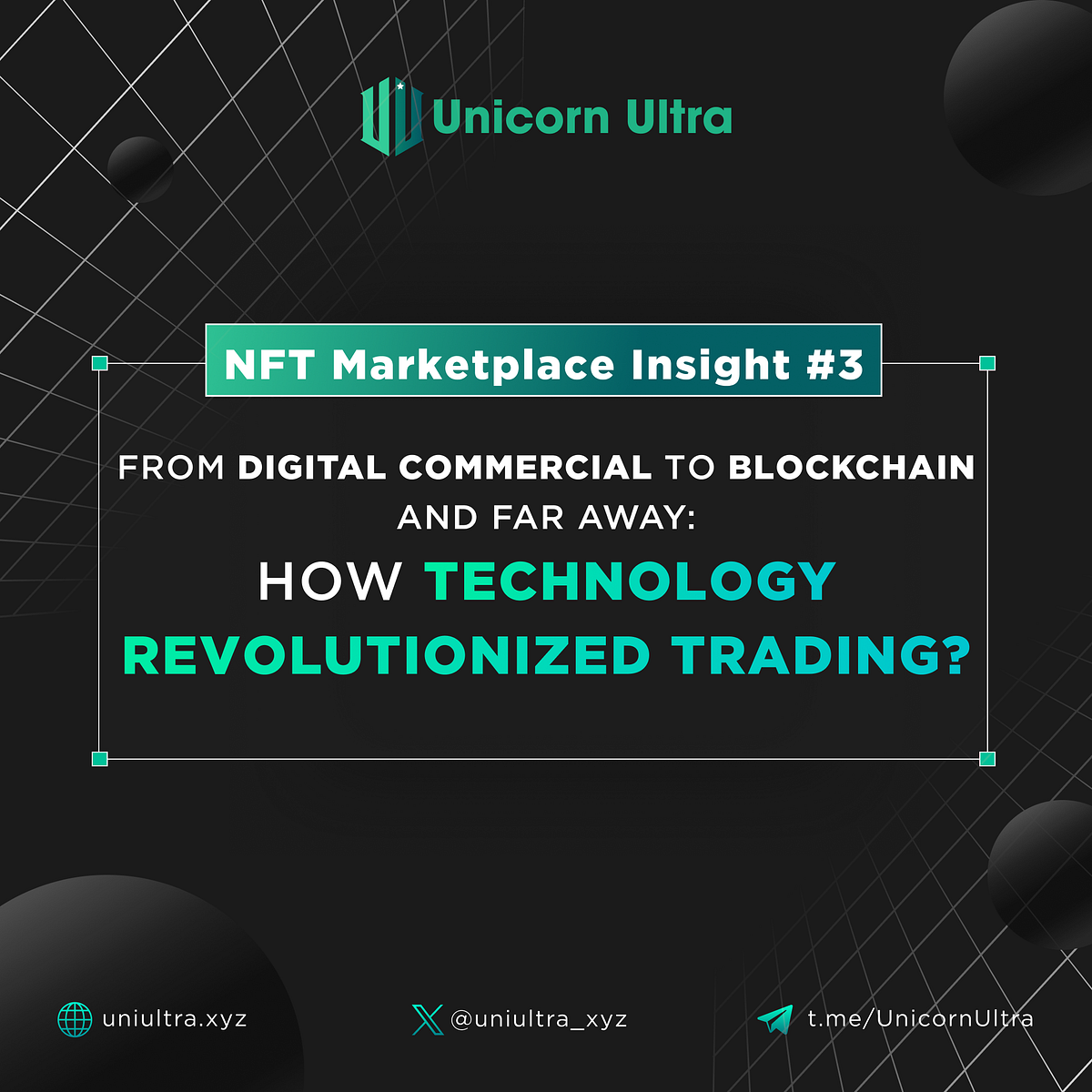
One of the most popular categories of NFTs is digital art. Artists can create and sell their artwork as NFTs, allowing collectors to own unique digital pieces. These digital art NFTs can range from intricate digital paintings to animated artworks and virtual reality experiences.
Sports Collectibles NFTs
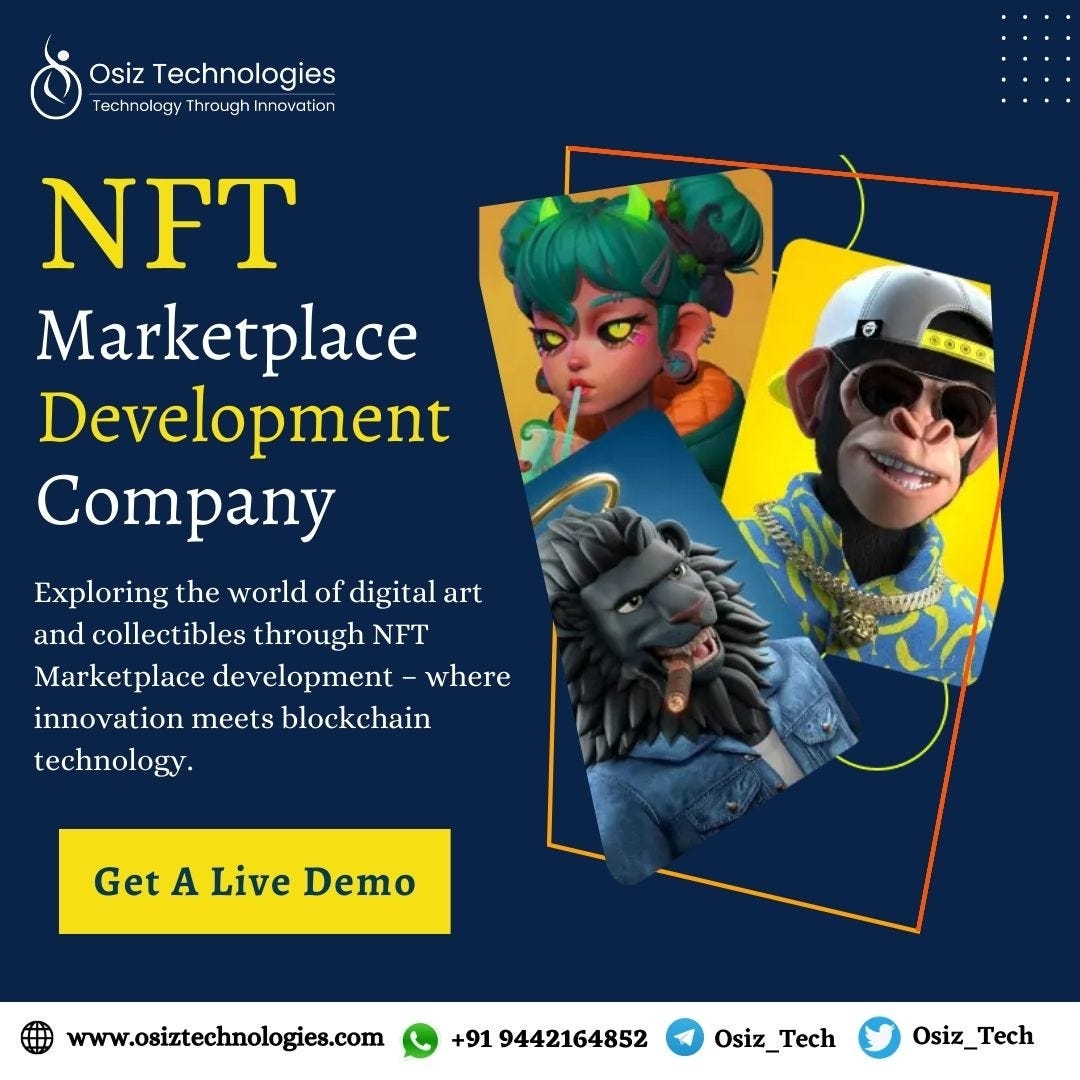
Another exciting category of NFTs is sports collectibles. Sports teams and leagues have started to tokenize their assets, allowing fans to collect and trade digital memorabilia. These NFTs can include moments from iconic games, limited edition jerseys, and even virtual meet-and-greet opportunities with athletes.
Virtual Real Estate NFTs
Virtual real estate has emerged as a fascinating category within the NFT space. NFT collectors can purchase plots of virtual land in virtual worlds and build their own virtual properties, creating a new form of digital ownership and investment. These virtual real estate NFTs can range from simple parcels of land to entire virtual cities and ecosystems.
Music NFTs
The music industry has also embraced the NFT revolution. Musicians can offer exclusive music tracks, albums, and live concert experiences as NFTs, creating a new way for fans to support their favorite artists. These music NFTs can provide unique perks such as backstage access, limited edition merchandise, and even royalties from future streaming revenue.
Collectible Gaming NFTs
Gaming has always been a popular form of entertainment, and NFTs have introduced a new dimension to the gaming industry. Collectible gaming NFTs allow players to own and trade in-game items, characters, and accessories. These NFTs can enhance the gaming experience by providing rare and unique virtual assets that can be used across different games and platforms.
In conclusion, the bitcoin NFT marketplaces have revolutionized the world of blockchain collectibles, offering a vast array of NFT categories. From digital art and sports collectibles to virtual real estate, music, and gaming NFTs, the variety of options available to collectors is constantly expanding. These unique digital assets redefine ownership, authenticity, and the value of digital goods in the modern digital era.
The Impact of Bitcoin NFT Marketplaces on Artists
Bitcoin NFT marketplaces have had a profound impact on how artists distribute and sell their work. These platforms leverage the power of blockchain technology to create a decentralized, transparent, and secure marketplace for digital art.
New Opportunities for Artists
Traditionally, artists have relied on galleries and art dealers to showcase and sell their work. This system often comes with high fees, limited reach, and a lack of control over pricing and ownership rights. Bitcoin NFT marketplaces change this by providing artists with new opportunities to directly connect with collectors and buyers from around the world.
Through these platforms, artists can easily create and list their digital art as non-fungible tokens (NFTs). Each NFT represents a unique piece of artwork and is recorded on the blockchain, ensuring its authenticity and provenance. This allows artists to establish a direct relationship with their audience, bypassing intermediaries and enjoying more financial and creative control.
Increased Revenue Potential
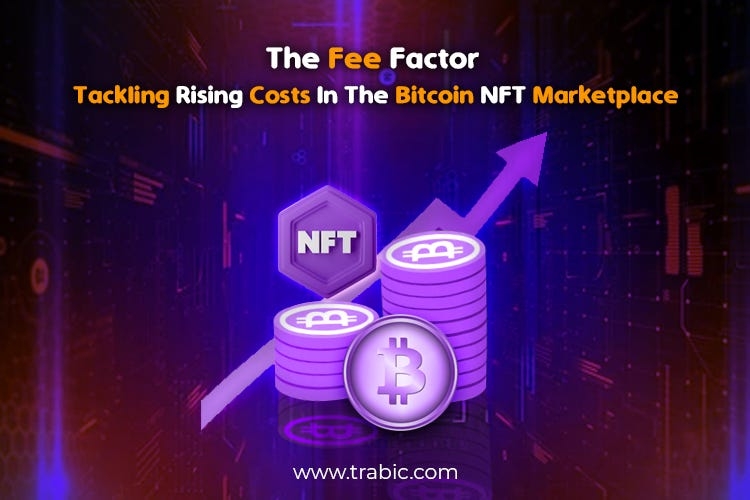
Bitcoin NFT marketplaces also offer artists new ways to monetize their work. Unlike traditional art sales where artists often receive a one-time payment, NFTs enable creators to earn ongoing royalties every time their art is sold or resold on the secondary market. This has the potential to significantly increase revenue for artists, providing them with a more sustainable income stream.
Additionally, the global reach of Bitcoin NFT marketplaces opens up new markets for artists. By eliminating geographic barriers, artists can now connect with collectors and buyers from all corners of the world. This increased access to a global audience can lead to higher demand for their work and ultimately higher prices.
Direct access to a global audience
High energy consumption of blockchain
Ongoing royalties from secondary sales
Limited visibility for emerging artists
Increased creative and financial control
Competition from other artists
While there are certain drawbacks to Bitcoin NFT marketplaces, such as the high energy consumption of blockchain technology and limited visibility for emerging artists, the overall impact on artists is overwhelmingly positive. These platforms have created a groundbreaking opportunity for artists to take control of their careers, expand their reach, and earn a more sustainable income through the sale of their digital art.
Investing in NFTs: Risks and Rewards
As the popularity of NFTs continues to grow, many investors are considering diving into the world of blockchain collectibles. However, it's important to understand the risks and rewards before making any investment decisions.
Risks:
1. Volatility: The market for NFTs can be highly volatile, with prices fluctuating wildly. Just like any other investment, there is a risk of losing money if the value of the NFT drops significantly.
2. Lack of regulation: The NFT market is still relatively new and lacks the same level of regulation as traditional financial markets. This means that investors may not have the same legal protections or recourse if something goes wrong.
3. Counterfeits and scams: Due to the decentralized nature of blockchain technology, it can be difficult to verify the authenticity of an NFT. There have been instances of counterfeit NFTs being sold, which can result in financial loss for investors.
Rewards:
1. Potential for high returns: Just like with cryptocurrencies, some NFTs have seen astronomical price increases, providing early investors with significant profits. If you are able to identify and invest in a rising star, the rewards can be substantial.
2. Unique ownership and scarcity: NFTs offer a new way to define ownership in the digital world. By owning an NFT, you gain unique rights and bragging rights over a scarce digital asset. This can hold great value for collectors and enthusiasts.
3. Participating in a growing market: The NFT market is growing rapidly and represents a new frontier in digital ownership. Investing in NFTs can be an opportunity to be part of this exciting and innovative space.
It is important to approach NFT investing with caution and do thorough research before making any investment decisions. It's also advisable to diversify your portfolio and not invest more than you can afford to lose. If you are interested in exploring the world of NFTs, you can check out Blur.io, a platform that connects artists and collectors in the blockchain collectibles market.
How Bitcoin NFTs Are Changing the Gaming Industry
The emergence of Bitcoin Non-Fungible Tokens (NFTs) has had a significant impact on the gaming industry. NFTs are unique digital assets that can represent ownership of in-game items, characters, or even virtual land. This technology is revolutionizing the way players interact with and monetize their gaming experiences.
The Benefits of Bitcoin NFTs in Gaming
One of the major benefits of Bitcoin NFTs in gaming is the ability to truly own and control digital assets. Unlike traditional in-game items that are locked within a game's ecosystem, NFTs can be bought, sold, and traded on blockchain-based marketplaces. This allows players to have true ownership over their virtual possessions and the ability to transfer them across different games.
Furthermore, Bitcoin NFTs can provide a new revenue stream for both players and game developers. Players can earn money by selling rare or valuable NFTs, creating a new form of income from their gaming prowess. Game developers can also benefit from this ecosystem by earning a percentage of each NFT sale, incentivizing them to create unique and desirable in-game items.
The Impact on Game Design
The introduction of Bitcoin NFTs has also changed the way games are designed and developed. Game designers now have the opportunity to create digital assets with real-world value, which adds a new layer of excitement and engagement for players. Scarcity and rarity become important factors in the game's economy, as players actively seek out valuable NFTs to enhance their gaming experiences.
Additionally, Bitcoin NFTs have the potential to foster a stronger sense of community within games. Players can connect with each other through NFT trading, forming collectible communities and creating a sense of belonging. This social aspect adds to the overall immersion and enjoyment of the gaming experience.
In conclusion, Bitcoin NFTs are revolutionizing the gaming industry by giving players true ownership over digital assets and opening up new opportunities for revenue. The impact on game design is significant, as NFTs introduce real-world value to in-game items and foster a stronger sense of community among players. As this technology continues to evolve, we can expect further innovation and integration of Bitcoin NFTs in the gaming world.
Blockchain Collectibles and Digital Ownership
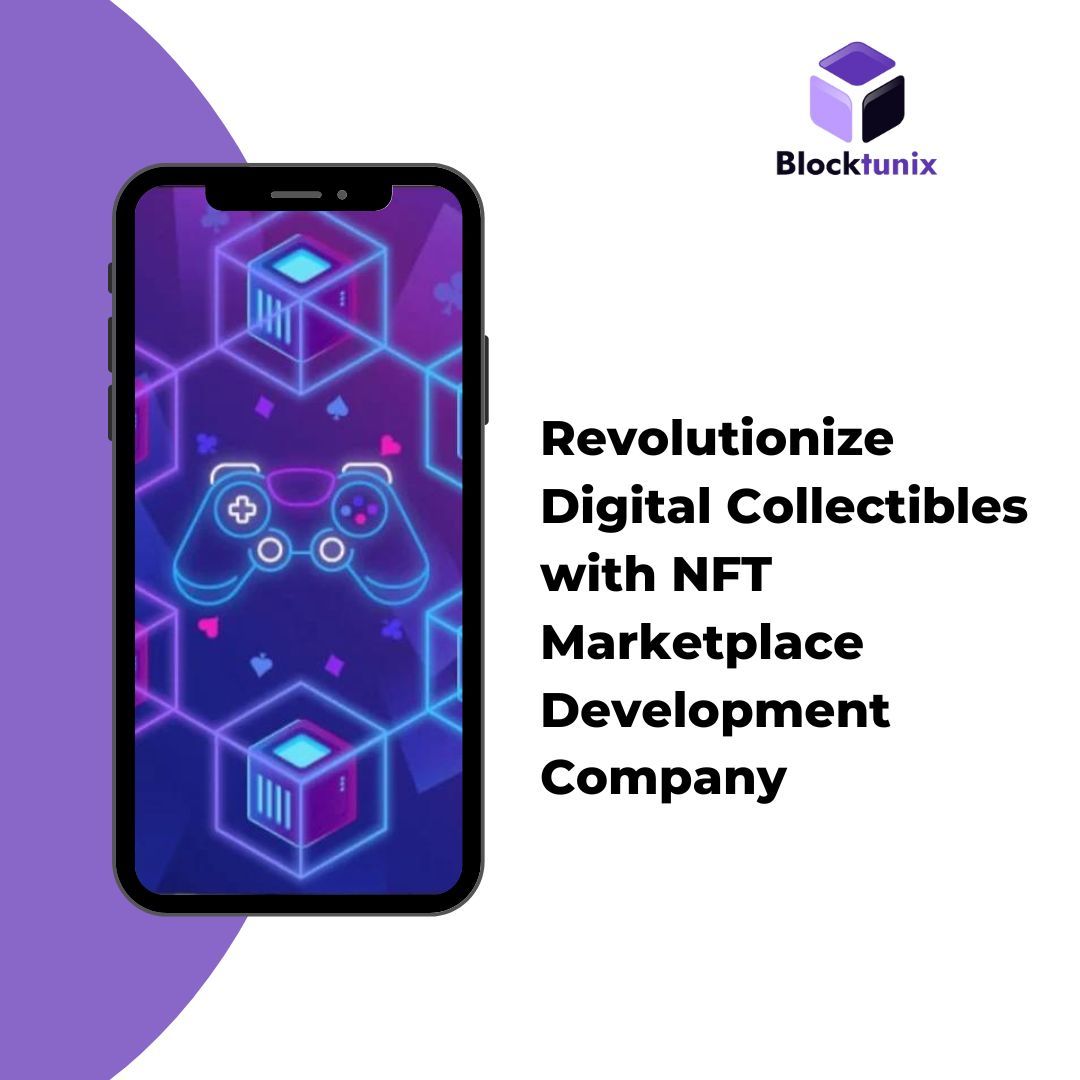
In recent years, the emergence of bitcoin and NFT marketplaces has revolutionized the way we think about digital ownership and collectibles. Blockchain technology has provided a solution to the long-standing problem of proving digital scarcity and ownership, allowing for the creation and trade of unique digital assets known as NFTs (Non-Fungible Tokens).
Unlike traditional cryptocurrencies such as bitcoin or ethereum, which are fungible and can be exchanged on a one-to-one basis, NFTs represent ownership of a specific digital item or piece of content. This can include anything from digital artwork, virtual real estate, in-game items, or even digital music. Each NFT is unique and can be verified and traced back to its original creator.
One of the key advantages of blockchain collectibles and NFTs is the transparency and immutability provided by the underlying blockchain technology. Every transaction and ownership transfer is recorded on the blockchain, creating a permanent and tamper-proof record of ownership. This provides a level of authenticity and provenance that was previously impossible in the digital realm.
Furthermore, the blockchain also enables creators to monetize their digital creations directly, without the need for intermediaries or third-party platforms. Artists can mint their artwork as NFTs and sell them directly to collectors, earning royalties every time their NFT is bought or sold on the secondary market. This has opened up new opportunities for artists and creators to profit from their work in a decentralized and transparent manner.
The emergence of bitcoin NFT marketplaces has also created a thriving community of collectors and enthusiasts who are passionate about digital ownership and blockchain technology. These platforms provide a space for collectors to discover, buy, and sell rare and unique digital assets, fostering a sense of community and excitement around the world of blockchain collectibles.
- Authenticity and provenance
- Direct monetization for creators
- Transparent and tamper-proof ownership records
- Thriving collector community
In conclusion, the emergence of bitcoin and NFT marketplaces has revolutionized the blockchain collectibles industry. With the ability to prove ownership and scarcity of digital assets, blockchain technology has opened up new possibilities for creators and collectors alike. The transparent and decentralized nature of blockchain collectibles has created a new era of digital ownership and monetization in the digital realm.
The Future of Bitcoin NFT Marketplaces
Bitcoin NFT marketplaces have quickly gained popularity and are revolutionizing the world of blockchain collectibles. But what does the future hold for these digital marketplaces?
1. Increased Adoption: As more artists, creators, and collectors recognize the potential of Bitcoin NFT marketplaces, adoption is expected to skyrocket. This means that the number of NFTs available for purchase will increase, offering a wider range of collectibles for enthusiasts.
2. Integration with Traditional Art Markets: In the future, Bitcoin NFT marketplaces may seamlessly integrate with traditional art markets. This will allow artists and collectors to showcase and trade their digital and physical artworks in one platform, expanding the reach of NFTs to a wider audience.
3. Enhanced Security and Scalability: As the technology behind blockchain and Bitcoin NFTs continues to evolve, marketplaces will prioritize enhanced security and scalability. This will ensure that transactions remain secure and efficient, even as the popularity and demand for NFTs grow.
4. Further Development of Secondary Markets: Currently, Bitcoin NFT marketplaces primarily focus on primary sales. However, in the future, we can expect the development of secondary markets where collectors can trade NFTs with ease. This will create a vibrant ecosystem where NFTs can be bought, sold, and exchanged.
5. Integration into Virtual Reality: Virtual reality (VR) is becoming increasingly popular, and it is predicted that Bitcoin NFT marketplaces will integrate with VR platforms. This will allow users to explore digital art galleries and interact with NFT collectibles in immersive virtual environments.
Conclusion: The future of Bitcoin NFT marketplaces is promising, with increased adoption, integration with traditional art markets, enhanced security and scalability, the development of secondary markets, and integration into virtual reality. These advancements will continue to revolutionize the world of blockchain collectibles and provide new opportunities for artists, collectors, and enthusiasts.
Regulation and Security Concerns in Bitcoin NFT Marketplaces
As the popularity of bitcoin NFT marketplaces continues to grow, so do concerns about regulation and security within these platforms. With the rise of blockchain collectibles, it becomes increasingly important to address these issues to ensure the long-term viability and success of the marketplaces.
One of the main concerns regarding bitcoin NFT marketplaces is the lack of regulation. Unlike traditional financial markets, the blockchain ecosystem operates largely outside of existing regulatory frameworks. This lack of oversight can leave investors and collectors vulnerable to scams, fraud, and other forms of malfeasance.
To address these concerns, many industry experts are calling for increased regulation of bitcoin NFT marketplaces. They argue that implementing clear guidelines and rules would help protect consumers and promote a more trustworthy and secure marketplace. Government intervention and oversight may be necessary to provide the necessary regulatory framework for the industry to thrive.
Furthermore, security is another major concern in bitcoin NFT marketplaces. The blockchain technology that powers these platforms is highly secure, but the surrounding infrastructure and user practices can still pose risks. Issues such as hacking, phishing attacks, and data breaches can compromise the integrity of the marketplace and result in the loss of valuable assets.
Marketplaces must take proactive measures to enhance security and protect users' assets. This includes implementing strong encryption, multi-factor authentication, and regular security audits. Education and awareness campaigns can also play a crucial role in promoting safe practices among users and preventing common security pitfalls.
Lack of oversight
Potential for hacking and data breaches
Vulnerability to scams and fraud
Phishing attacks
Consumer protection issues
Loss of valuable assets
In conclusion, while bitcoin NFT marketplaces offer exciting opportunities for collectors and investors, regulation and security concerns must be addressed to ensure the growth and stability of the industry. By implementing proper regulation and security measures, marketplaces can provide a safe and trustworthy environment for users to participate in the blockchain collectibles market.
Building Communities through Bitcoin NFTs
The emergence of Bitcoin NFT marketplaces has not only revolutionized the world of blockchain collectibles, but also created new opportunities for building communities. These communities are formed by individuals who share similar interests and passions, and are brought together by their love for Bitcoin and NFTs.
Bitcoin NFTs allow users to create, own, and trade unique digital assets that are stored on the blockchain. These assets can represent anything from artwork and music to virtual real estate and in-game items. By owning these digital assets, individuals become part of a larger community of collectors and enthusiasts.
1. Collecting and Trading
One way that Bitcoin NFTs help build communities is through collecting and trading. Collectors can showcase their unique collections and connect with others who share their passion for specific types of NFTs. This creates a sense of belonging and camaraderie within the community.
Trading NFTs also fosters interaction and engagement among community members. Collectors can swap their assets with others, creating a vibrant marketplace where individuals can discover new and valuable NFTs. This exchange of assets strengthens the bonds between community members and encourages collaboration.
2. Collaboration and Creation
Bitcoin NFTs also encourage collaboration and creation within communities. Artists and creators can tokenize their work as NFTs, allowing them to reach a global audience and connect with fans who appreciate their art. This opens up new opportunities for collaboration, where artists can team up and create unique NFT collections together.
Furthermore, community members can come together to support and promote each other's work. By sharing and spotlighting NFTs created by fellow community members, individuals can help each other gain visibility and recognition in the broader crypto and NFT ecosystem.
In conclusion, Bitcoin NFTs have not only revolutionized the blockchain collectibles market, but also brought together individuals with shared interests and passions. Through collecting, trading, collaboration, and creation, Bitcoin NFT communities are thriving and shaping the future of the digital art and collectibles space.
The Rise of Celebrities and Influencers in the Bitcoin NFT Space
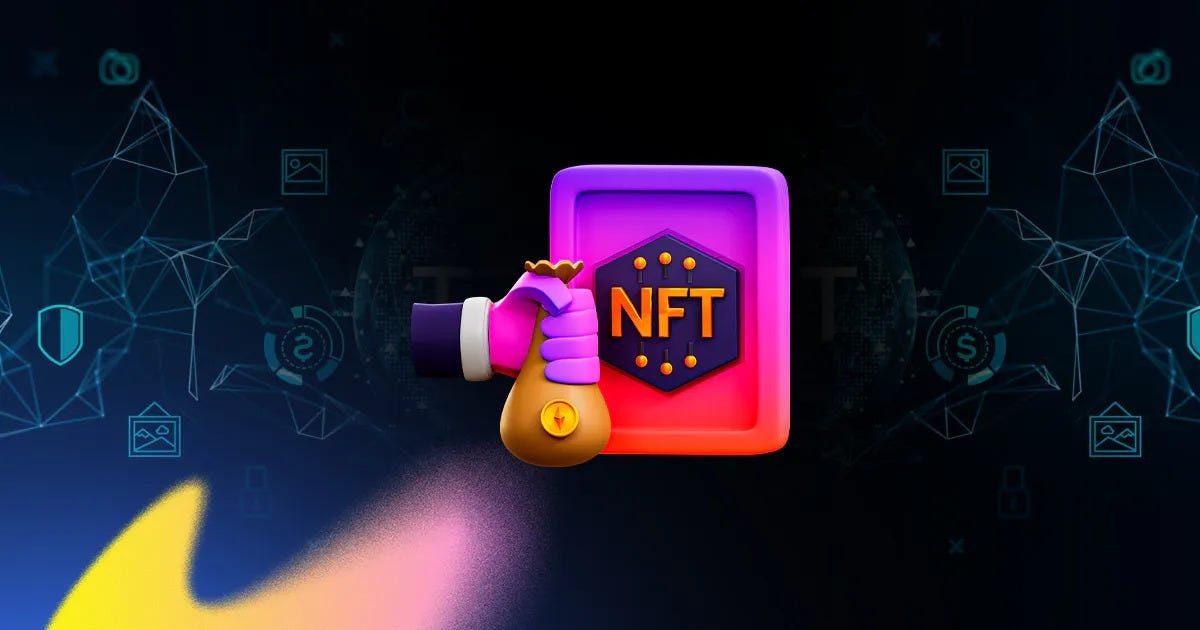
As the popularity of Bitcoin NFT marketplaces continues to grow, so does the involvement of celebrities and influencers in this emerging space. These high-profile individuals are recognizing the potential of NFTs and blockchain technology to offer unique opportunities for engagement with their fan bases and the monetization of their digital assets.
Celebrities Embracing Bitcoin NFTs
Many well-known figures from various industries have embraced Bitcoin NFTs as a way to connect with their fans in new and exciting ways. These celebrities are minting their own NFTs, often featuring exclusive content, artwork, or digital collectibles. By leveraging their existing fame, they are able to tap into a ready-made market of loyal supporters who are eager to own a piece of their digital legacy.
For example, renowned musicians such as Snoop Dogg and Kings of Leon have released their own NFT collections, allowing fans to purchase unique items tied to their music and persona. Similarly, professional athletes like Tom Brady and LeBron James have entered the Bitcoin NFT space, offering exclusive access to behind-the-scenes footage, personalized experiences, and even physical memorabilia.
Influencers and Digital Art
Aside from traditional celebrities, influencers from the digital realm are also making a splash in the Bitcoin NFT space. Influencers, who have built sizable and engaged followings on platforms like YouTube, Instagram, and TikTok, are leveraging their online presence to promote and sell their own NFTs.
This trend has also given rise to a new wave of digital artists who have gained recognition and success through the sale of their NFTs. These artists are creating unique and visually striking pieces that are highly sought after by collectors. By collaborating with influencers, they are able to reach a wider audience and capture the attention of potential buyers who may not have been previously exposed to the world of digital art.
Snoop Dogg
Exclusive music tracks and artwork
Kings of Leon
Limited edition concert tickets and album art
Tom Brady
Access to personal training sessions and signed memorabilia
LeBron James
Exclusive video content and virtual meet-and-greets
Digital Artists
Unique and visually striking digital artwork
The involvement of celebrities and influencers in the Bitcoin NFT space brings a new level of excitement and mainstream recognition to the world of blockchain collectibles. As more high-profile individuals join the movement, the reach and impact of NFTs are poised to reach unprecedented heights.
What are bitcoin NFT marketplaces?
Bitcoin NFT marketplaces are online platforms where users can buy, sell, and trade non-fungible tokens (NFTs) using Bitcoin as the primary form of payment. NFTs are unique digital assets that are stored on the blockchain, and they can represent various types of items such as artwork, collectibles, virtual real estate, and more.
How do bitcoin NFT marketplaces work?
Bitcoin NFT marketplaces work by connecting buyers and sellers of NFTs on a decentralized network. These marketplaces utilize blockchain technology to verify the authenticity and ownership of each NFT, ensuring that each transaction is secure and transparent. When a buyer purchases an NFT, the ownership is transferred to their digital wallet, and they can choose to hold onto it or sell it on the marketplace.
Are bitcoin NFT marketplaces different from other NFT marketplaces?
Yes, bitcoin NFT marketplaces are different from other NFT marketplaces in terms of the primary form of payment accepted. While most NFT marketplaces accept Ethereum as the main cryptocurrency for transactions, bitcoin NFT marketplaces exclusively use Bitcoin. This distinction makes bitcoin NFT marketplaces attractive to users who prefer using Bitcoin or have a significant amount of Bitcoin holdings.
What are the advantages of using bitcoin NFT marketplaces?
Using bitcoin NFT marketplaces offers several advantages for users. Firstly, it allows individuals with a large amount of Bitcoin to invest in the NFT market without the need to convert their Bitcoin into Ethereum or other cryptocurrencies. Secondly, bitcoin NFT marketplaces provide additional liquidity to Bitcoin holders, as they can diversify their holdings by purchasing NFTs. Lastly, bitcoin NFT marketplaces open up new opportunities for collectors and artists who are already involved in the Bitcoin ecosystem.
Are there any disadvantages of using bitcoin NFT marketplaces?
While bitcoin NFT marketplaces have their advantages, they also come with a few disadvantages. One major drawback is the limited selection of NFTs compared to other marketplaces that accept Ethereum. This is because Ethereum has been the dominant blockchain platform for NFTs, attracting a larger community of artists, collectors, and developers. Furthermore, some argue that using Bitcoin for NFT transactions is less efficient and more energy-intensive compared to Ethereum, as the Bitcoin network was primarily designed for financial transactions rather than complex smart contracts.
What is a blockchain collectible?
A blockchain collectible is a unique digital asset that is stored on a blockchain, making it easily verifiable and immutable. It can take the form of digital art, virtual trading cards, or any other item that holds value to collectors.
How does a Bitcoin NFT marketplace work?
A Bitcoin NFT marketplace is a platform where users can buy, sell, and trade non-fungible tokens (NFTs) using Bitcoin as the primary currency. It works by connecting buyers and sellers, facilitating transactions, and ensuring the secure transfer of ownership of NFTs on the Bitcoin blockchain.
Why are Bitcoin NFT marketplaces revolutionizing the blockchain industry?
Bitcoin NFT marketplaces are revolutionizing the blockchain industry because they are opening up new avenues for artists, creators, and collectors to monetize and showcase their work. By leveraging the security and decentralization of the Bitcoin blockchain, these marketplaces are creating a more accessible and transparent ecosystem for buying, selling, and trading digital collectibles.
What are the benefits of using a Bitcoin NFT marketplace?
Using a Bitcoin NFT marketplace offers several benefits. Firstly, it provides a global platform for artists and creators to reach a wider audience and earn revenue from their digital creations. Secondly, it ensures the authenticity and provenance of the collectibles through the use of blockchain technology. Finally, it allows for seamless and secure transactions using Bitcoin as the medium of exchange.
Are there any risks associated with using Bitcoin NFT marketplaces?
While Bitcoin NFT marketplaces offer many advantages, there are also certain risks to consider. One of the main risks is the potential for fraud or counterfeit NFTs. It's important for buyers to do their due diligence and verify the authenticity of the collectibles before making a purchase. Additionally, as with any investment, the value of NFTs can be volatile and may fluctuate greatly.
Blur: NFT | Blur: NFT login | Blur: NFT connect | WalletConnect | Traders | What Is Blur Crypto
2022-2024 @ The emergence of bitcoin nft marketplaces revolutionizing blockchain collectibles